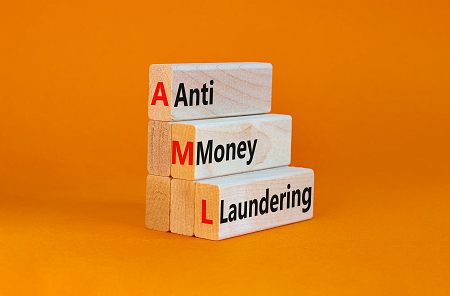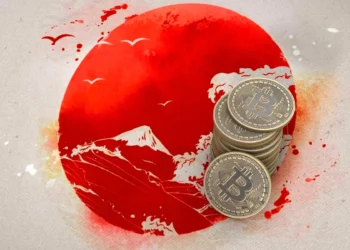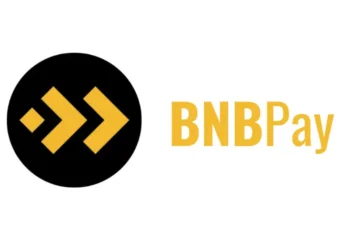The Indian government has recently reminded parties involved in cryptocurrency transactions of their obligation to comply with the local Anti-Money Laundering (AML) legislations.
In an announcement published in The Gazette of India on March 7, the Ministry of Finance stated that the Prevention of Money-Laundering Act (PMLA) of 2002 would now apply to various cryptocurrency activities. This includes exchanging, transferring, custody, and administration virtual assets, as well as financial services related to the issuance and sale of such assets.
The PML Act requires financial institutions to keep a record of all transactions for the past ten years, provide this information to officials when required, and verify the identity of each customer, notwithstanding the limited specifics provided in the announcement.
This announcement could pose challenges for Indian crypto startups, as they now face increased difficulties in operating amidst global efforts to strengthen Anti-Money Laundering (AML) requirements for cryptocurrencies.
Last month, during India’s first G20 presidency celebration, Finance Minister Nirmala Sitharaman called for global cooperation to regulate cryptocurrencies. She emphasized the need for a collaborative approach to understand and address the macroeconomic and financial implications of cryptocurrencies, which could serve as a basis for shaping crypto-related policies across the world.
India announced in December 2022 that, as the current president of the G20, it will prioritize the establishment of an international regulatory framework for decentralized finance, stablecoins, and unbacked crypto assets.
According to the announcement, many options are being taken into account regarding the establishment of a global framework for regulating cryptocurrencies, including subjecting them to the same rules that apply to traditional financial intermediaries and exchanges. However, there are also discussions about banning the crypto industry altogether.
It is worth noting that the Reserve Bank of India (RBI) has been one of the most vocal opponents of cryptocurrencies. In December 2022, the governor of the Reserve Bank of India, Shaktikanta Das, cautioned that the utilization of private cryptocurrencies would trigger the next financial crisis unless they were prohibited.
If you would like to read more news articles like this, visit DeFi Planet and follow us on Twitter, LinkedIn, Facebook, Instagram and CoinMarketCap Community.
“Take control of your crypto portfolio with MARKETS PRO, DeFi Planet’s suite of analytics tools.





















